American think tank: Saudi Arabia facing unprecedented state of insecurity
An American think tank dedicated to covering the social, economic, and political diversity of the Arab countries in the Persian Gulf region says Saudi Arabia is facing an unprecedented level of insecurity, stressing that the oil-rich kingdom has been given the cold shoulder by most of the Western parties that supply it with various munitions.
According to the Arab [Persian] Gulf States Institute in Washington (AGSIW), Saudi Arabia is being targeted by Yemeni missiles, and the Yemeni war has spiraled out of control and the country’s national security is now prone to a host of threats compared to the time when the Yemen crisis erupted in March 2015.
It added that Saudi Crown Prince Mohammed bin Salman (MbS) is not taken seriously by most of the Western parties that have guaranteed arms supplies to the kingdom.
Some politicians in Canada, Germany and Britain have all suggested restricting arms exports to Saudi Arabia, AGSIW noted, highlighting that a bipartisan consensus has even begun in the United States against arms sales to Saudi Arabia.
This comes as American news website Insider wrote that lack of loyalty among members of the Allegiance Council, which is the body responsible for determining future succession to the throne of Saudi Arabia, to MbS has raised international concern over the future of the country in the event current monarch King Salman passes away.
The website, in an article published on Wednesday, dealt with how the kingdom would transfer power to its crown prince when his sick father dies, and how this constitutes a concern for the international community, the United States in particular.
Saudi royals, billionaires and senior government officials were tortured and blackmailed in early November 2017, when they were rounded up and detained at the Ritz-Carlton hotel in an extraordinary power play by MbS to remove people who could potentially pose a political threat.
“On the first night, everyone was blindfolded and nearly everyone was subjected to what Egyptian intelligence calls the ‘night of the beating,’” an unnamed source with intimate knowledge of what took place told British daily newspaper the Guardian in November 2020.
The source added, “People were asked if they knew why they were there. No one did. Most were beaten, some of them badly. There were people tied to the walls, in stress positions. It went on for hours, and all of those doing the torturing were Saudis.”
The “night of the beating” was apparently intended to “soften up” the detainees before the interrogators arrived to question them about corruption.
Some of the prisoners spoke of being threatened with the release of private information, such as extramarital affairs, or business dealings that would have caused great controversy.
The purge, also nicknamed the “sheikhdown”, purportedly came at the price of breaking trust between the monarchy and the Saudi business community.
One of the sources said the November 2017 round-up at the Ritz-Carlton hotel in Riyadh “was about consolidating his (MbS) rule, plain and simple” and came before the cruel murder of dissident journalist Jamal Khashoggi at the Saudi consulate in Istanbul on October 2, 2018.
“The fact that he got away with it allowed him to do the latter. The same guards involved in the Ritz were involved in the killing. History won’t be kind to MbS on either,” the source said.
Ever since bin Salman became Saudi Arabia’s de facto leader in 2017, the kingdom has arrested dozens of activists, bloggers, intellectuals and others perceived as political opponents, showing almost zero tolerance for dissent even in the face of international condemnations of the crackdown.
Muslim Saudi scholars have been executed, women’s rights campaigners have been put behind bars and tortured, and freedom of expression, association and belief continue to be denied.
D-8’s role in Iran’s economy after Cairo summit
China slams US as ‘war-addicted’ threat to global security
China ‘firmly opposes’ US military aid to Taiwan
VIDEO | Press TV's News Headlines
President Yoon Suk Yeol to be removed from office
At least 19 Gazans killed by Israeli airstrikes since dawn: Medics
Leader: Iran neither has nor needs proxy forces
US fighter aircraft shot down ‘in friendly fire’ amid aggression on Yemen


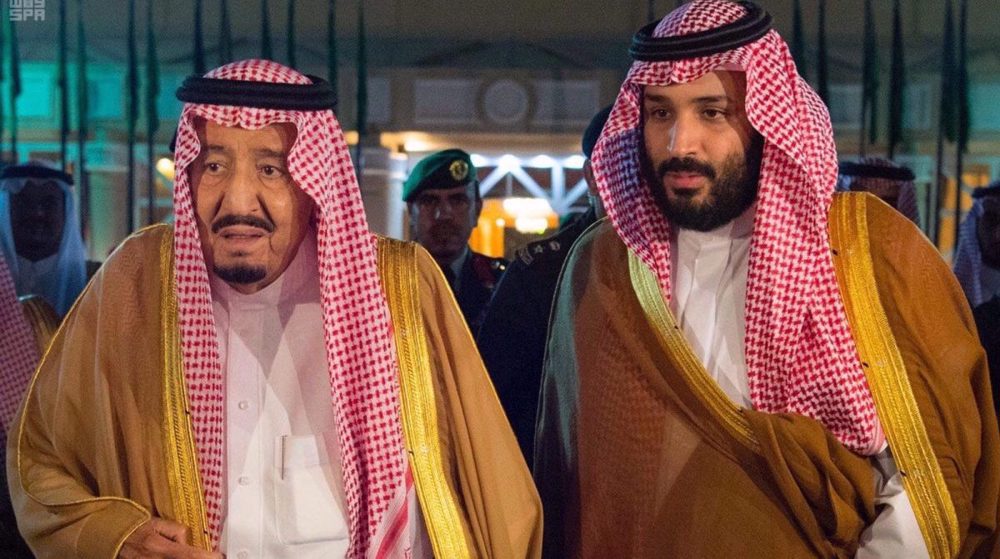
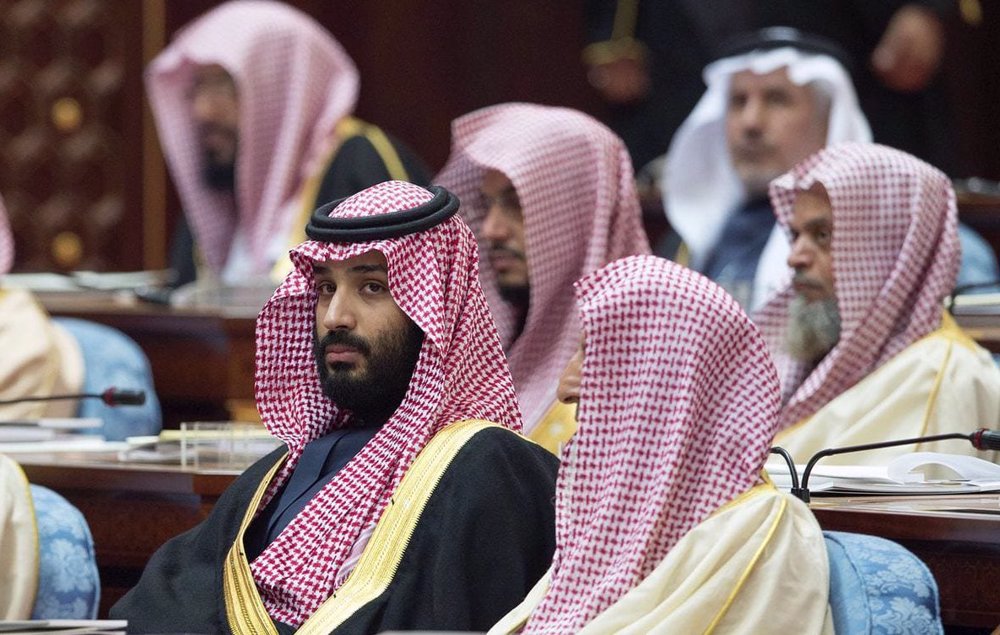
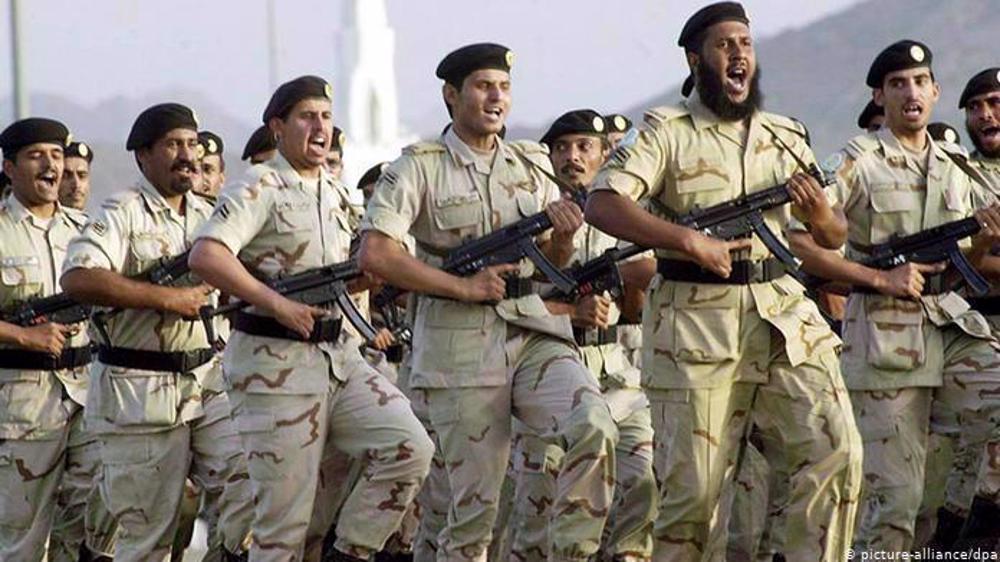






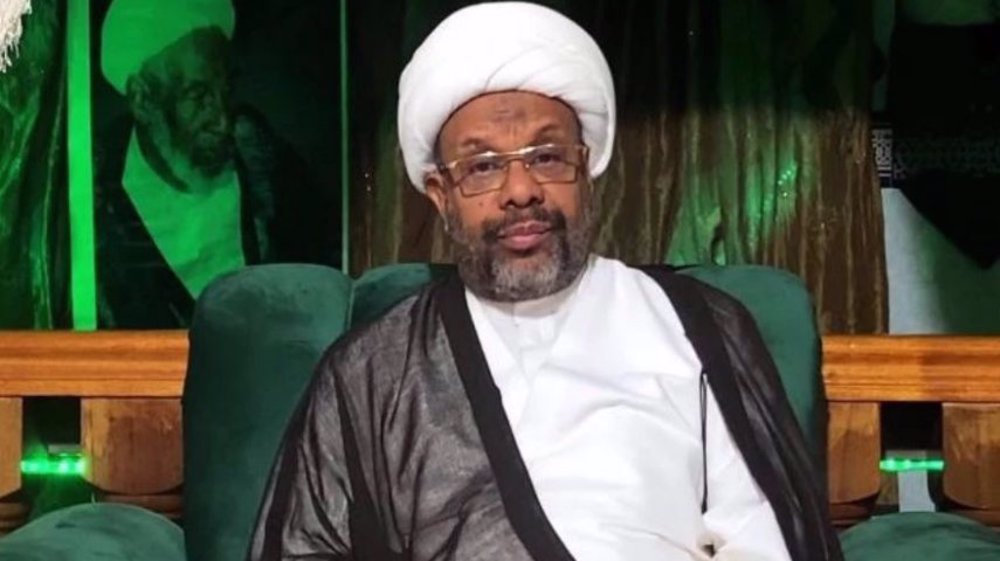
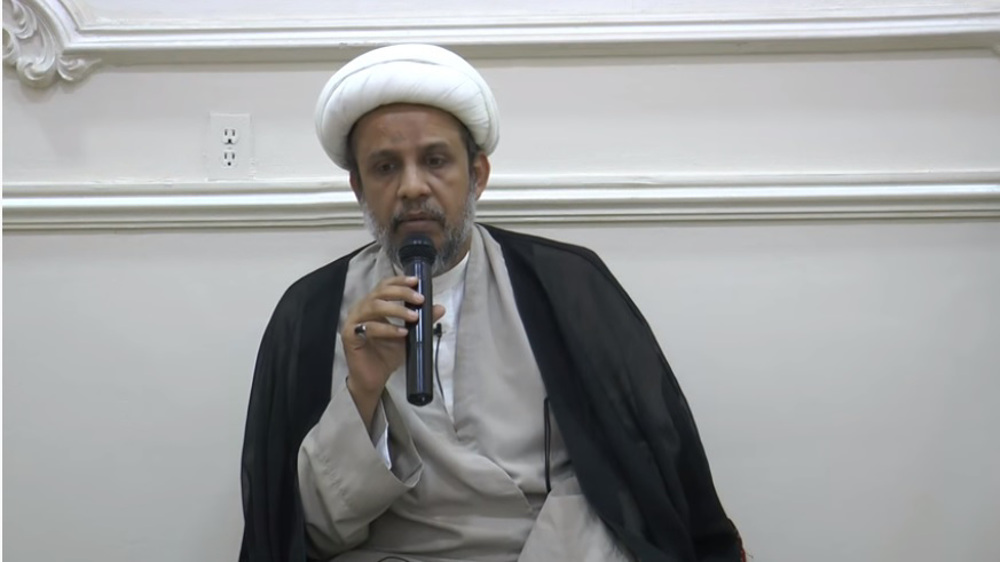
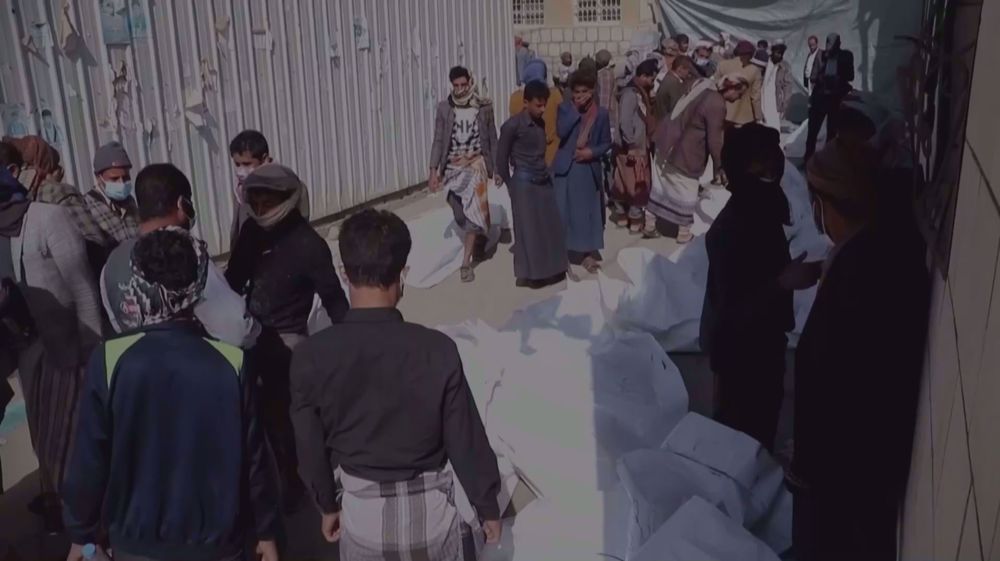

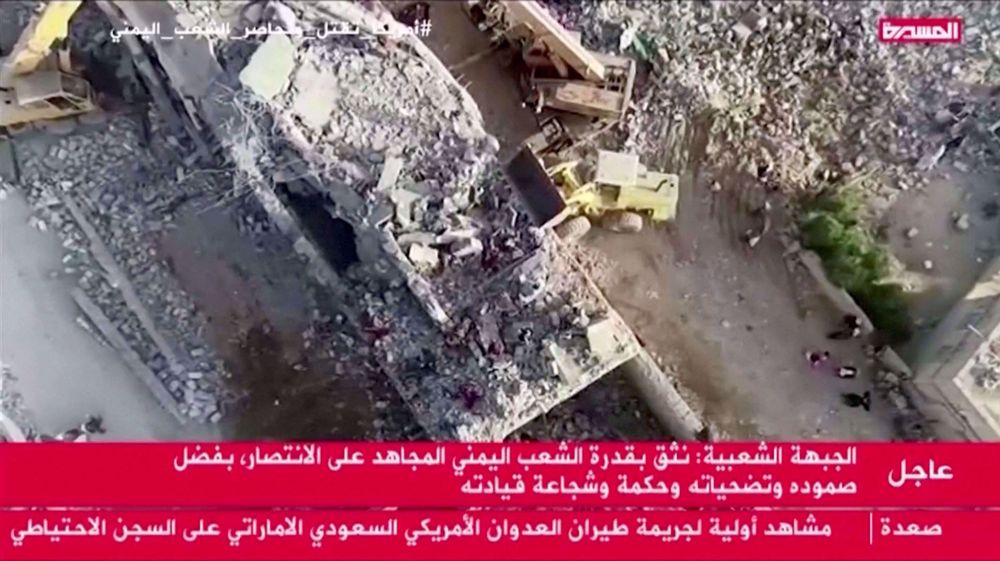
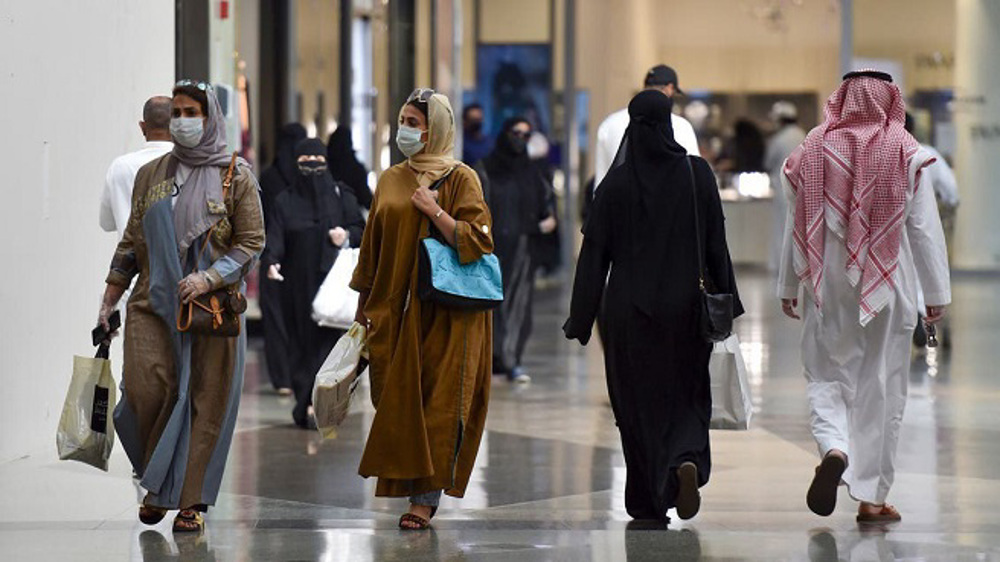
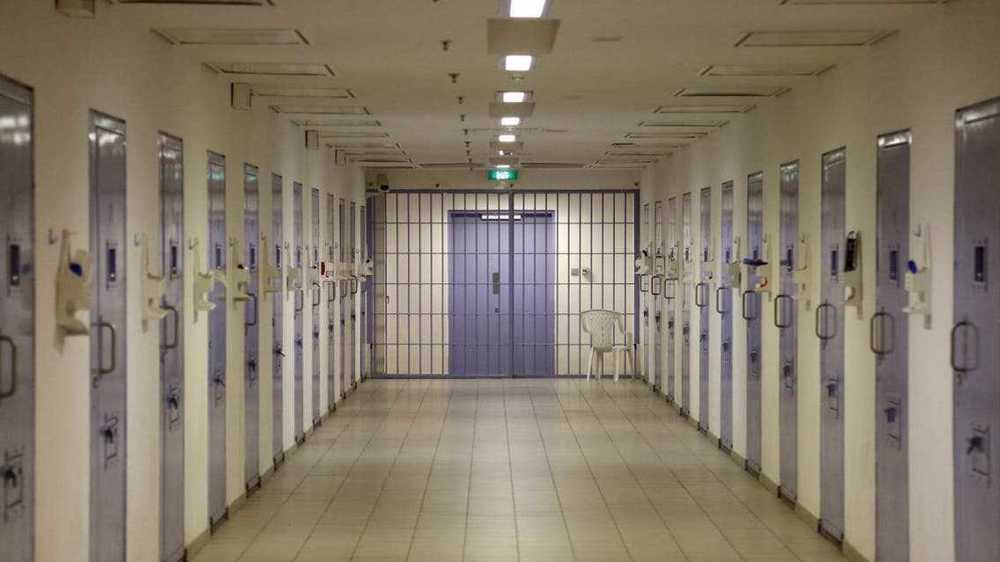

 This makes it easy to access the Press TV website
This makes it easy to access the Press TV website